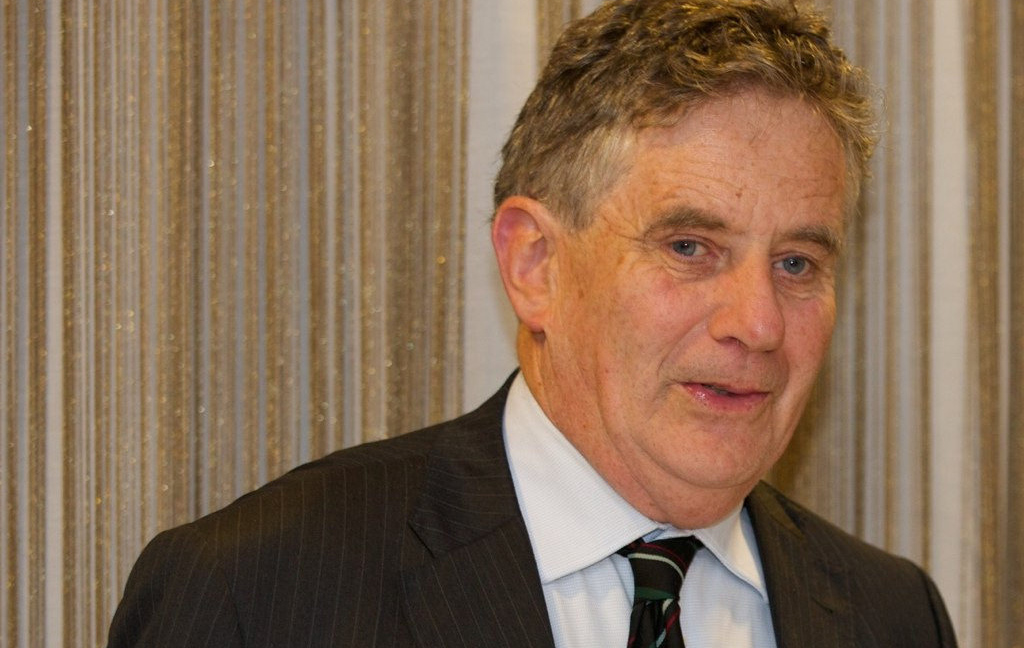
I was proud to sign an open letter to the board voicing my own support for this campaign which seeks to divest Trinity College’s funds €6.1 million holdings in fossil fuel companies. A core principle of climate change policy, according to economist William Nordhaus, means establishing policies which raise the price of CO2 and other greenhouse-gas emissions whereby removing the attraction of the carbon industry. At a time when all sectors of society, political, academic, scientific, and business, need to work towards a sustainable carbon-free future it is particularly worrying that a space on campus is being denied to students to discuss and campaign openly about the most pressing issue facing our students’ generation.
Divestment is part of a wider campaign for a more sustainable future in which business interests and climate action are not mutually exclusive goals. If anything signals a change in the times, it is that only this week the Rockefeller Family Fund, descendants of the largest oil baron in US history, have divested all funds from oil companies, singling out ExxonMobil, saying that “there is no sane rationale for companies to continue to explore for new sources of hydrocarbons”.
During my time as Trinity Senator I worked with Oisín Coghlan of Friends of the Earth, fellow Seanad candidate, on amendments to alter the thoroughly disappointing Climate Action and Low Carbon Bill. The bill required no action whatsoever on the part of government in relation to climate change. Is this action in College another sign that even after the Paris Conference, Ireland is not serious about tackling what is ultimately the global crisis of our time?
It is an extremely short-sighted and narrow view of capital and innovation not to appreciate and support the efforts of students running this campaign. University education should be exactly about the kinds of meetings being held by the Fossil Free group: student-led groups and committees that are ultimately the life force of any college community. Just this week, Professor of Zoology, Dr Yvonne Buckley, deliverd her Inaugural address on Natural Capital.
Professor Buckley said: “Our landscapes are the banks in which natural capital is lodged. We are well aware of the need for well managed banks and equally we need well managed multi-functional landscapes if we are to continue to get a flow of services and benefits from our natural capital.” College library has to be a neutral venue, free of commercial interests and an environment which supports human capital, capital which is the flourishing of ideas for the improvement of society.
Entrepreneurship, as any good businessperson will know, requires an understanding of the needs of society while thinking ahead to the needs of the future, it is beyond a simple supply and demand model and looks in a more complex way at the needs of society. There is no doubt that business needs to be adaptable and vigilant in their future planning of the needs of a planet and its population.
Across the capitalist spectrum, business interests are waking up to the growing risk to the economy and investment funds because of climate change: HSBC, Deutsche Bank, Standard and Poor’s, CitiBank, and The Bank of England. J.M. Keynes wrote that “the power of vested interests is vastly exaggerated compared with the gradual encroachment of ideas”: under the present circumstances when students’ own ideas, debate, and energy, are being encroached upon by vested interests in college, I can only hope that he was right.






